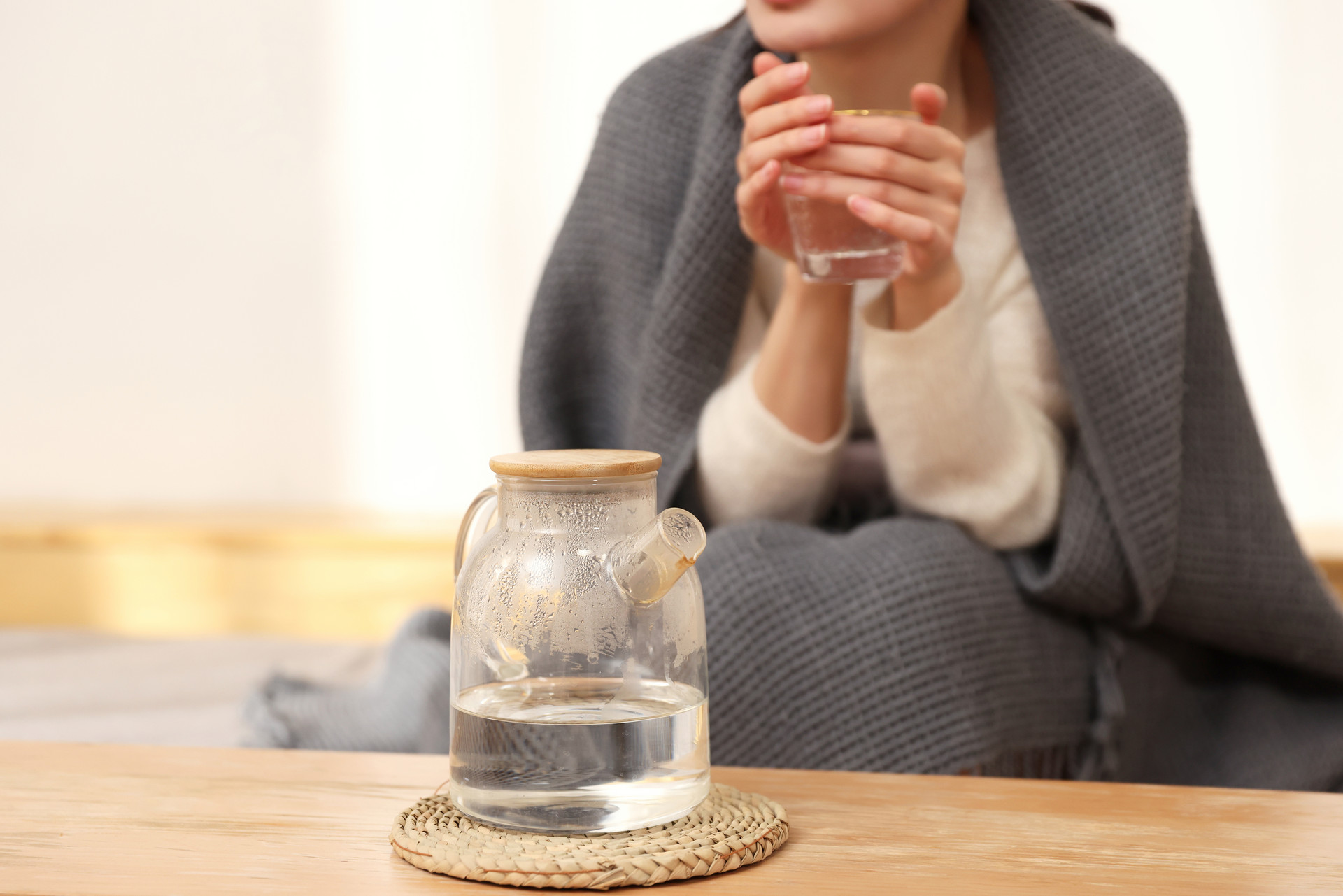In recent years, most young women pursue fashion, trendiness, and sexiness in their dressing. They like to wear revealing and tight-fitting clothes such as spandex thongs, leggings, and jeans. These types of pants are tight and made of synthetic fabrics that are not breathable, preventing vaginal secretions from being released. This creates a suitable environment for bacteria to grow and reproduce, leading to vaginal inflammation.
Vaginitis is an inflammation of the vaginal mucosa and submucosal connective tissue, which is a common gynecological disease. In normal healthy women, the vagina has natural defense mechanisms against pathogens due to anatomical and biochemical characteristics. When these defense mechanisms are compromised, pathogens can easily invade and cause vaginal inflammation. Girls and postmenopausal women are more prone to infection due to lack of estrogen, thinner vaginal epithelium, reduced glycogen content in cells, and higher vaginal pH of around 7. Therefore, their vaginal resistance is lower compared to adolescent and reproductive-age women.
Avoid wearing tight or close-fitting pants such as jeans, and instead opt for skirts or loose-fitting pants in the summer. It is also advisable to avoid wearing tight nylon underwear and choose cotton underwear. This is because the female genital area is dark and moist, and overly tight pants can make it uncomfortable. Wearing spandex thongs or leggings in hot summer weather can create a damp and sweaty environment for the vagina and external genitalia, making them more susceptible to vaginal inflammation. The main symptoms of vaginitis caused by tight pants are increased vaginal discharge, itching of the vagina and labia, and urinary irritation symptoms such as frequent urination and urgency. To treat this type of vaginitis, it is necessary to stop wearing leggings, spandex thongs, and tight-fitting pants, clean the external genitalia, take oral furazolidone and vitamin C 100 mg three times a day, or take Chinese herbal medicines such as Fencing Wanglin Pill twice a day. Drinking plenty of water also has a significant effect.
Candida vaginitis is a very common women's disease. In fact, as long as personal hygiene is given more attention and fewer scented hygiene products are used, wearing breathable clothing can also help reduce the risk of vaginal inflammation. Candida is a type of fungus that exists in nature and on the oral cavity, intestines, vagina, and skin of healthy individuals. It consists of various species of fungi, and the most common one causing vaginitis is Candida albicans. As summer approaches and various bacteria become more active, women just need to pay more attention to hygiene and follow the following tips to fight against vaginitis.
1. Avoid wearing tight pants: Avoid wearing tight or close-fitting pants such as jeans. In the summer, it is better to wear skirts or loose-fitting pants. Also, avoid wearing tight nylon underwear and choose cotton underwear. This is because the female genital area is dark and moist, and overly tight pants can make it uncomfortable and increase the risk of vaginitis.
2. Wipe from front to back: Pay attention to hygiene of the genital area. It is important to regularly clean underwear. When using toilet paper to clean the genital area after using the toilet, wipe from front to back to avoid transferring bacteria from the anus to the vagina, which can cause inflammation.
3. Avoid scented toilet paper: To reduce irritation or sensitivity, use unscented sanitary products. Avoid using sanitary pads or toilet paper with added fragrances. Also, avoid using disinfectant solutions for cleaning the vagina, as they can irritate the delicate skin and cause local skin damage or inflammation.
4. Couple treatment: If you have vaginitis, follow the doctor's instructions for proper medication treatment, such as vaginal suppositories, topical creams, or oral medications. If your sexual partner also has a yeast infection, it is advisable for both partners to undergo treatment together to avoid reinfection.




